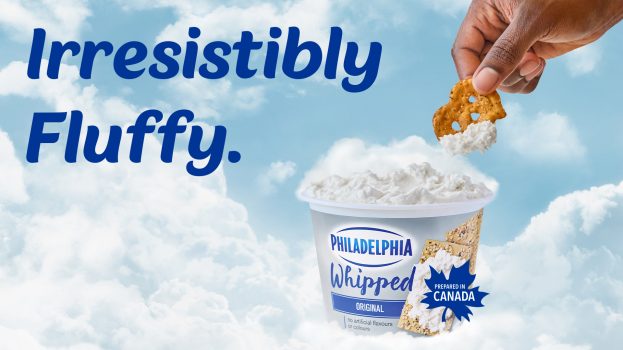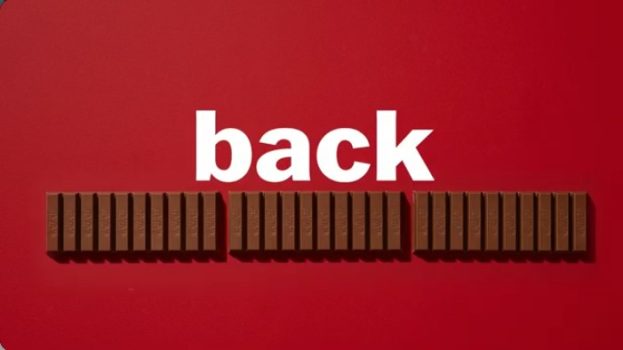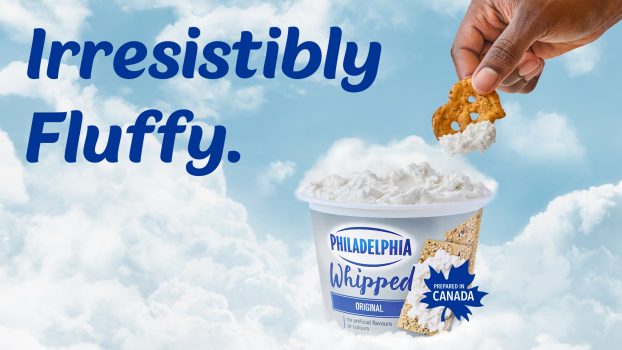Several brands, ranging from Corona to Bulldog Cosmetics to Ikea and even Lego, have emphasized their sustainability efforts. And according to PwC Canada’s survey Shifting Consumer Demands in Grocery, nearly half of 18- to 24-year-olds (49%) are willing to pay a premium for sustainable packaging. What’s more, brands and consumers alike are embracing the health and wellness trend, from changing what they put in their products to what they buy on shelves. Here are some disruptive brands that have recently grown out of both the sustainability and health & wellness zeitgeist.
Canada’s first wholly plant-based grocer?
According to a Dalhousie/University of Guelph research, 6.4 million Canadians limit the amount of meat they eat (and just over half of respondents, researchers say, are considering reducing meat consumption). In keeping with the growing trend, Larry’s Market, a North Vancouver based grocery, has opened to become what some are calling “Canada’s first plant-based grocer.”
The retailer had its soft launch on June 28 and offers exclusively vegetarian, all-organic and all local products. Larry’s Market features a coffee-and-smoothie bar, as well as a grab-and-go meal counter.
In April, as part of a marketing campaign to promote the store opening, the brand unveiled a “salad vending machine,” which sells chickpea lentils with tomato and romaine lettuce or arugula and carrot with cashews along with snacks, kombucha and local brands like Jamjar and Blu House eatery, contained in sustainable jars.
Founder Ryan Dennis’ mandate is to “make vegetarianism convenient for all,” according to the company site, which says “gone are the days when happening upon a single veggie alternative product was a reason to rejoice — now, entire restaurants and shops are dedicated to the diet.”
While this may be one of the first plant-based grocer in Canada, Europe saw its first vegan grocer in Vegilicious, which opened in Dortmund, Germany back in 2011 (but has since shuttered).
Tetra-tea launches
MindFull has launched Vibe Organic Electrolyte Black Tea in Canada, containing one gram of sugar per 500ml container. Its single-serve Tetra Pak cartons are comprised of up to 70% renewable materials (primarily paperboard and its plant-based plastic cap) and are 100% recyclable.
The company says its purpose is to create functional food products that utilize the highest quality ingredients, sustainable packaging and ethical sourcing practices. Mindfull tells strategy that it plans to make the products available “across all Canadian retail channels.” In a release, company founder and CEO Matthew Jimenez, says that the brand’s belief is that healthy living starts with self-care, and that extends to caring about the environment. The company specializes in “creating sustainable and organic products that are accessible.”
Date-flavoured ketchup
B Corp Certified, Good Food for Good, is aiming to disrupt the ketchup space with a “ketchup-style sauce” sweetened with dates, which the company says are a healthier alternative to sugar as they are full of soluble fiber and are rich in antioxidants.
“Canadians are increasingly aware of the health problems associated with too much sugar in our diet,” said Richa Gupta, founder of Good Food for Good, adding that it’s no longer enough to avoid sugary beverages and treats, as consumers can come across added sugar in everyday items like breads, condiments and sauces.
Good Food For Good’s ketchup-style sauce is available in Loblaw banners, Metro, and other major grocers in Ontario, Quebec, Manitoba, Saskatchewan, Alberta, and BC.
Green Korean cosmetics giants expands into Canada
Innisfree, a Korean cosmetics retailer that operates hundreds of stores globally, is opening its first Canadian location in Toronto’s Yorkdale Shopping Mall this summer. According to reports, Innisfree will be located in Yorkdale’s Nordstrom-anchored expansion wing across from Uniqlo and Muji.
The company claims its products are sustainable and responsibly sourced from South Korea’s Jeju Island. In a campaign, the brand promises to reduce waste by reusing empty bottles, and is looking to source more than 70% of ingredients from natural raw materials (it’s also pledged to donate more than 1% of annual profits to environmental conservation initiatives). The conglomerate has been releasing Sustainability Reports since 2009 and has prohibited use of microbeads in 2014, banned bubble wrap in 2018, and is emphasizing its commitment to reducing plastic packaging overall.


























